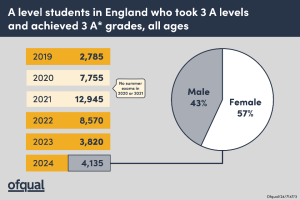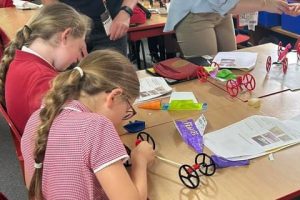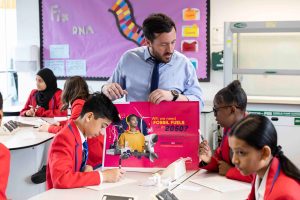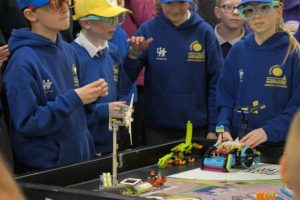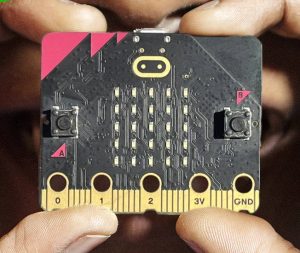
The project, called ‘BBC micro:bit – the next gen’, builds on research by the Foundation and Nominet last year which found “that teachers feel overwhelmingly unprepared and lack confidence when teaching digital skills”, according to Nominet. “61% of UK primary teachers responsible for teaching computing have no background in the subject, while three in five also cited a lack of resources as a major barrier”.
“Our research with Nominet and experience shows that the earlier children can learn core digital skills, the better,” added Foundation CEO Gareth Stockdale. “We are eager to extend our reach among children as young as eight.”
To get them, primary school teachers can register on the BBC micro:bit website – devices and a resource pack are scheduled to be delivered between September 2023 and March 2024.
In September this year, resources including classroom activities intended to get children coding will be released, and the use of micro:bits will be encouraged by CBBC and family entertainment brands, said Nominet.
Along with micro:bit hardware, teachers will get training from the Foundation and partners.
A related pilot project last year included Priestley Academy in Bradford.
“You could hear a pin drop, but then you also got that buzz of excitement as the schoolchildren were using the new technology, and speaking to the teachers, the resources that go alongside are just fantastic,” said Priestley chief executive Michael McCarthy. “The resources online are being used to their fullest, and this removes barriers for staff who might not initially have experience or confidence in teaching digital skills.”
 Electronics Weekly Electronics Design & Components Tech News
Electronics Weekly Electronics Design & Components Tech News
